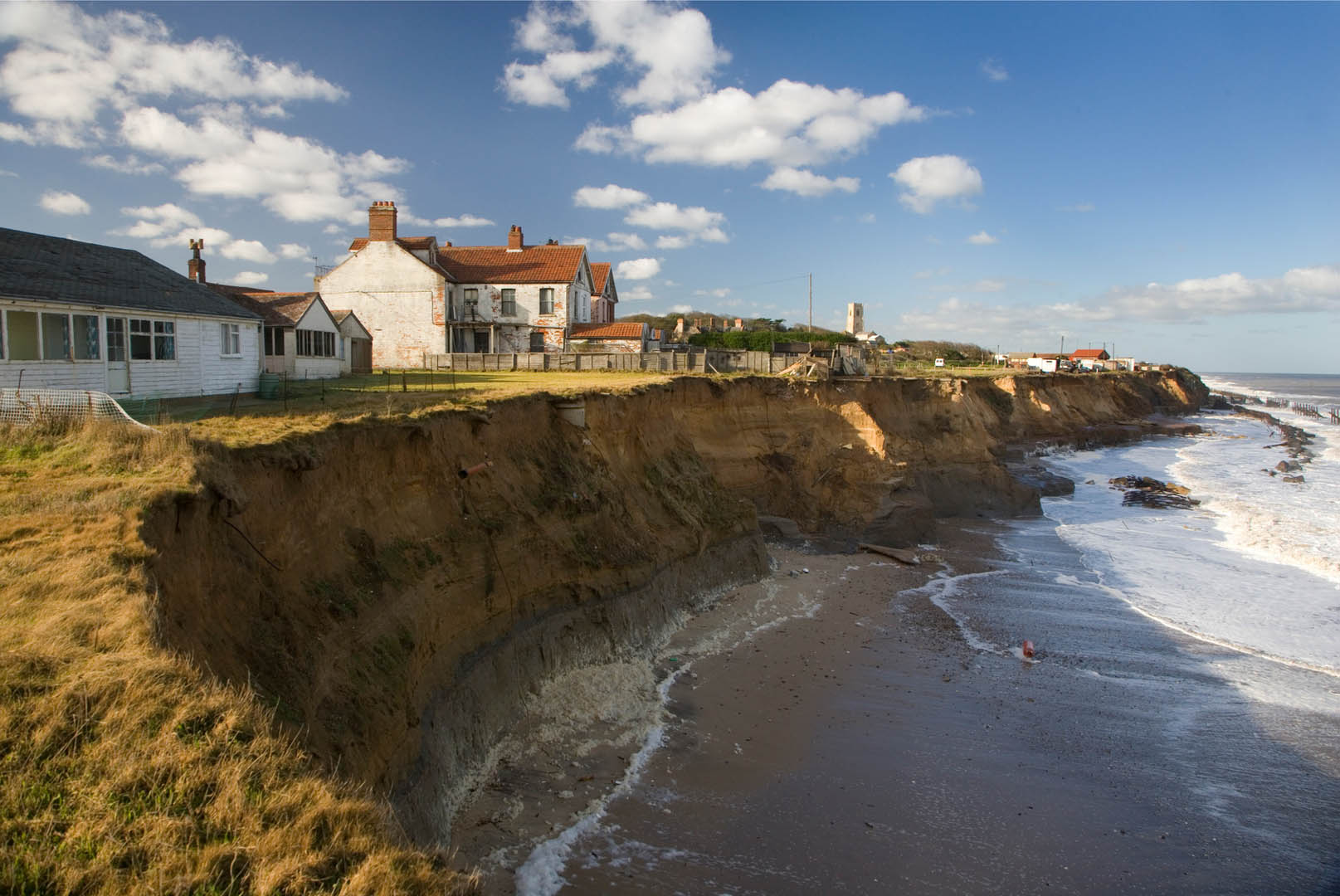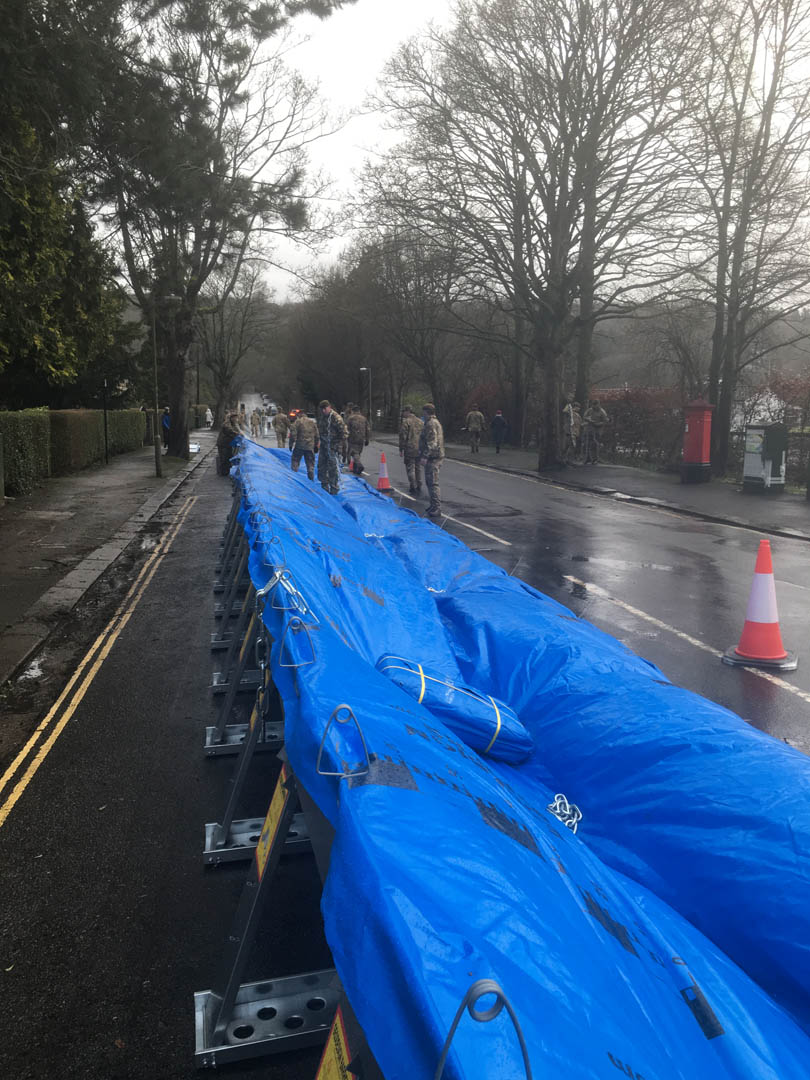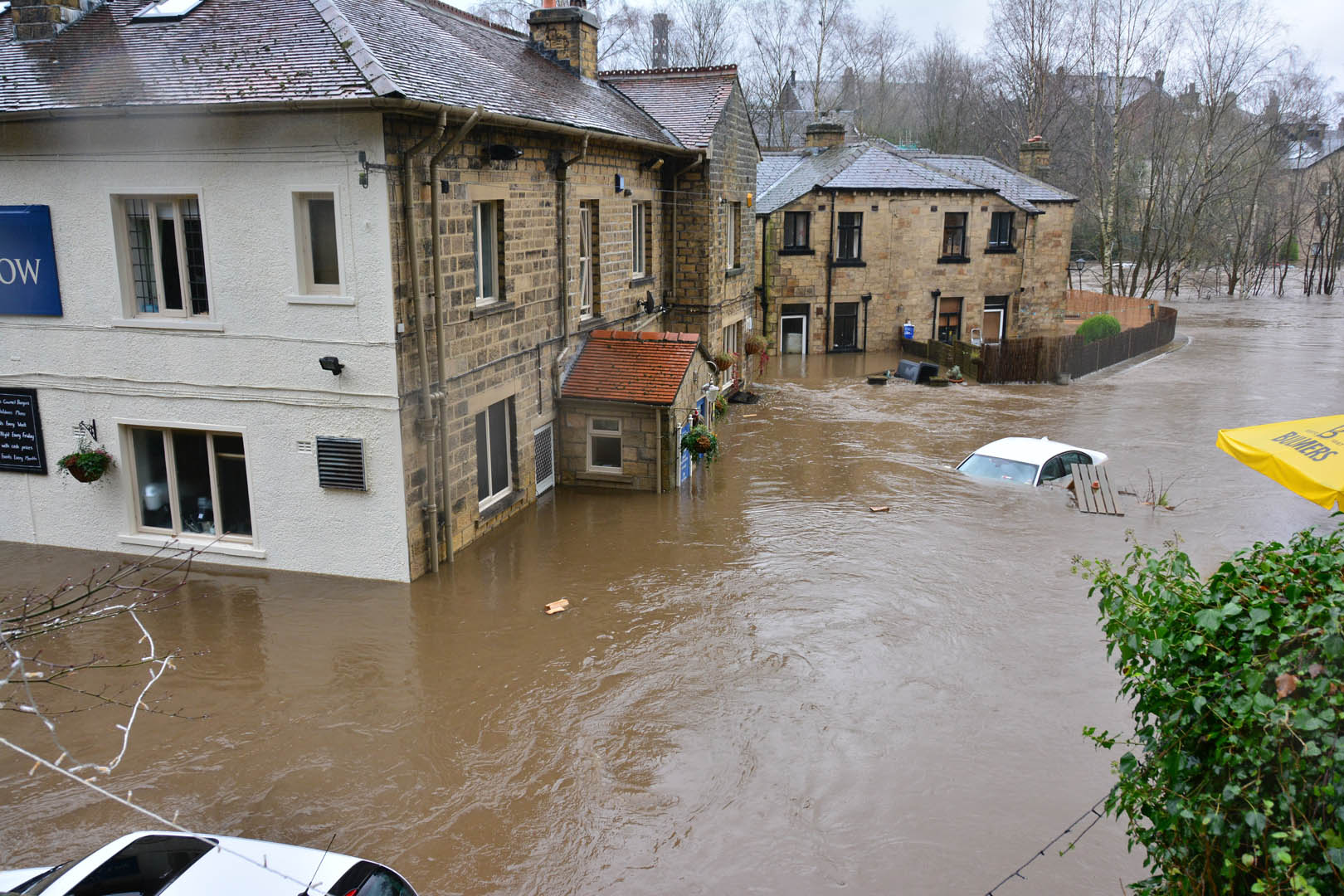This two-phased project saw us initially lead research to determine a set of measurements, which could be used to track changes in flood and coastal resilience. These indicators were then further developed and operationalised to provide an improved understanding of progress to creating a more resilient nation.
- Client Environment Agency
- Location England
- Services
Implementing indicators to bolster resilience for people and places in the face of climate change
Improving resilience to the increasing risks of flooding and coastal erosion requires a shift in focus from protection and controlling flooding and coastal change, to a more resilience-based approach. In doing so, our aim is to work with and manage the natural flow of water and the changing coastline.
Alongside flood and coastal defences, we need a broader range of actions for achieving climate-resilient places, including the enhanced capacity to plan, respond and recover. Increasingly nature-based solutions, strategic approaches at the catchment scale, community resilience and the multiple benefits that flood and coastal change risk management can bring, are all recognised in national and local strategy and practical initiatives on the ground.
In 2021/22, we led research to determine what measurements could be used to indicate changes in resilience to flooding and coastal erosion. This included identifying the steps that needed to be taken to use these measurements, or indicators, to better understand the impact and progress of the National Flood and Coastal Erosion Risk Management (FCERM) strategy.
Following the completion of Phase 1, the second phase of the project involved using the indicators to establish a national baseline of flood and coastal resilience. This included carrying out further research on the more ‘developmental’ indicators to ensure they would be operational. Once implemented the indicators will enable a broad range of flood and coastal risk management actions to be tracked, meaning findings can be used to inform FCERM investment decisions and better support “local choices in local places”.
A co-designed approach to research
To underpin our research, we conducted an initial evidence review to develop a conceptual framework. This involved using the Theory of Change to link outputs with measurable resilience outcomes. This also provided a basis to work with stakeholders to develop indicators that could meet policy and strategy goals and be applied in practice.
The indicators were refined and developed using an iterative co-design process, which consisted of workshops and focus groups, case studies and interviews and online surveys, supplemented by a desk-top review. As a result, 53 resilience indicators were developed, alongside a set of sociodemographic indicators to strengthen understanding of community vulnerability to flood risk.
As part of this work, we also developed an approach to bridge the gap between the research and operationalising the indicators. To understand how the indicators would work in practice, we conducted data collection and method development and analysis, as well as stakeholder engagement for 15 resilience indicators and 23 sociodemographic indicators deemed ready to be measured.

Setting the stage for an informed and data-driven approach to FCRM
By providing a comprehensive set of indicators and a robust national flood and coastal resilience baseline, this project sets the stage for more informed and data-driven approaches to flood and coastal risk management in England.
Five headline indicators are already being used in the Environment Agency’s annual Section 18 report and in the Office for Environmental Protection’s Environmental Improvement Plan reporting. Following further research which included refining definitions, identifying data sources and developing measurement methods, 11 of an additional 15 indicators have also been advanced towards being operational.
Despite the challenges of developing and embedding national-level indicators and local-level reporting, the resilience indicators will enable future comparative assessments at various scales, allowing resilience changes to be monitored over time and investment to be prioritised. Key to the long-term success of this project will be monitoring resilience trends over time, whilst continuing to test and further refine the indicators.







